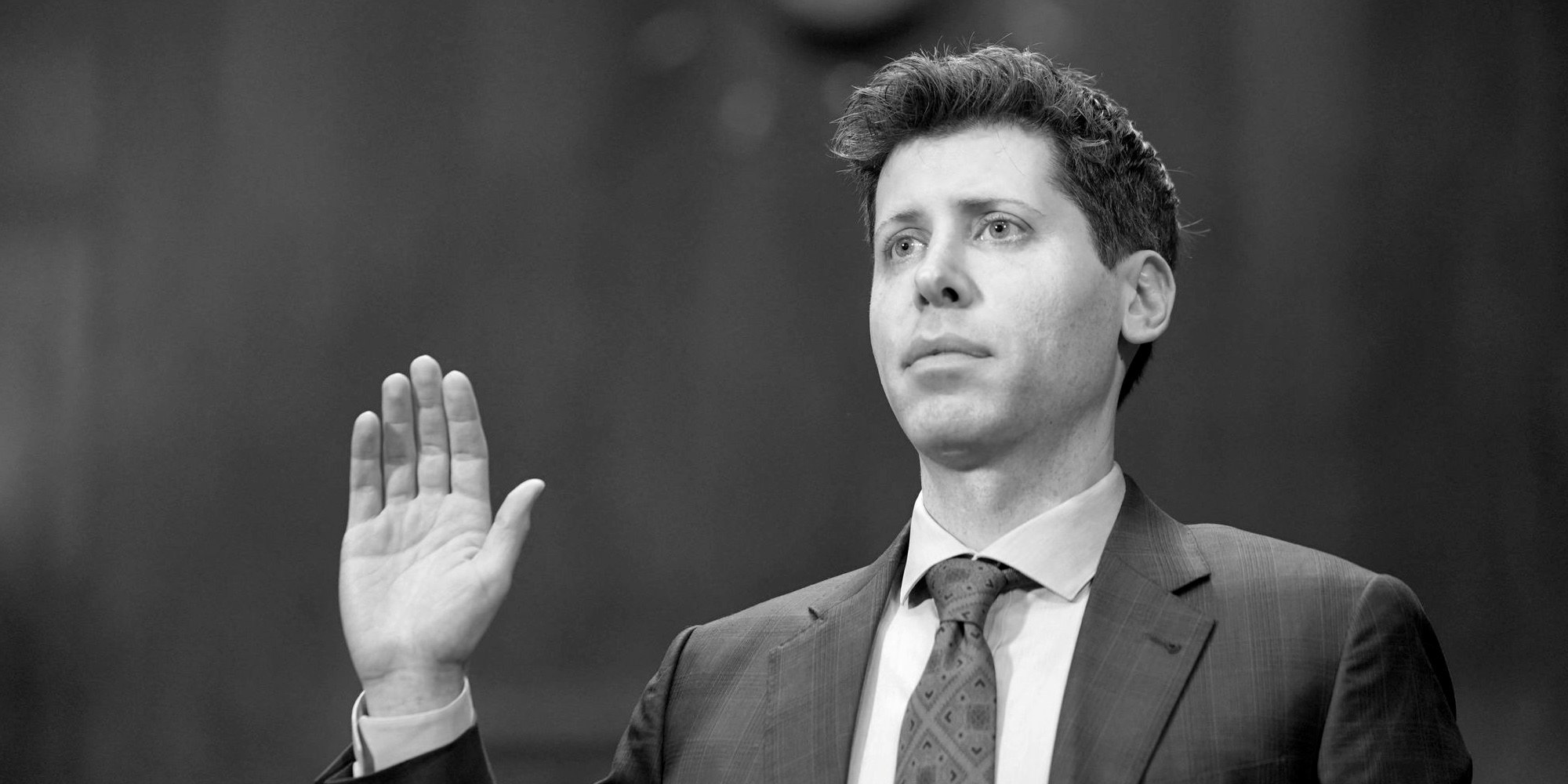The Information Barter Economy

Why is google search free? Why is Facebook free?
Each day billions of us conduct billions (trillions?) of transactions with the tech giants, but one could never guess that from our bank accounts, because hardly any money is moving. We get information from the tech giants, and we pay them with information about us. As more transactions follow this information-for-information barter model, the information economy grows at the expense of the money economy.
If money is not moving, the goverment can't see it or tax it. This information exchange is not visible to outsiders, and once the tech giants have your information you have almost no control over how it is used or sold. The information barter economy is THE economy of the metaverse.
Is Facebook Really Free?
acebook, like so many other sites, apps, and services we use, is free. No one has ever paid to use Facebook, and likely Facebook will continue to be free forever. But, is Facebook really free? The truth is, while Facebook may seem free to use, you’re paying in more subtle ways.
Though you don’t need to get your wallet out to login to Facebook, you’re paying to use Facebook in at least two obvious ways:
- With your time and attention
- With your content
While you scroll through your Facebook news feed, you’re viewing ads. Facebook is getting paid by businesses every single time you see an ad. And as it turns out, you viewing ads is worth quite a lot.
In 2020, Facebook’s average revenue per user was $32.03 per Facebook’s Annual Report. Of course, Facebook doesn’t make all of its money from advertising, they do sell other things, but in the first three months of 2021, advertising accounted for 98% of revenue.
So, how much money is Facebook making selling your attention? About $30 per year.
“What information consumes is rather obvious. It consumes the attention of its recipients. Hence a wealth of information creates a poverty of attention.”
— Herbert Simon, Nobel-winning economist
But just because Facebook is making money selling your attention, doesn’t mean that you’re paying Facebook, but your attention has value, and there is a reason why Facebook is trying its hardest to take more and more of your attention and sell it to others.
Your attention is limited, and everything you do, read, watch, listen, or scroll through is fighting for your limited attention. When you let Facebook sell your attention, that attention is not going elsewhere, like spending time with family and friends, exercising, working, and sleeping.
The attention you give Facebook has to come from somewhere.
You pay Facebook with your content Facebook’s business model is fascinating when you look at it from a 30,000 foot view.
Not only does Facebook get paid to keep you scrolling through posts, but Facebook doesn’t even create those posts!
The content that you are consuming was created by other Facebook users, and they do it for free. The content you create gets your friends’ attention, which Facebook can then sell as well. app It’s quite unbelievable. Facebook creates hardly any content. You and your friends do create the content. That’s what makes it so incredible. The unique posts, pictures, videos, opinions, and comments that you give to Facebook is what it uses to keep you and others scrolling longer.
Your content and your attention aren’t the only things that you give Facebook I’ve talked about the two ways you’re paying Facebook through your attention and your content, but nestled somewhere in the middle is your information. When advertisers choose to pay Facebook to show people ads, they’re not doing it because it’s like a digital billboard.
Facebook knows a lot about you. The information Facebook has about you allows Facebook to show ads that you are likely to be interested in, and this is what makes your attention on Facebook valuable.
A billboard on the highway will reach people who drive. A commercial during the Friday night game will reach sports fans. An ad on Facebook will reach whoever the advertiser wants to reach. If you want to know more about this, read our article on How Does Facebook Know What Ads to Show You?
